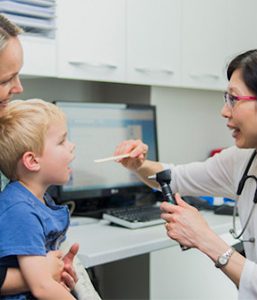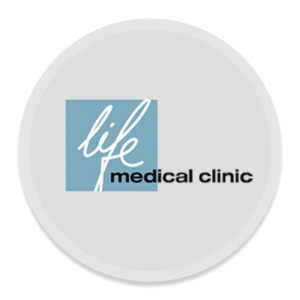There is an extensive list of recommended medical tests by age that doctors usually advocate. This encompasses both female medical checkups and male health checks at 30 or 20. The phase between 20-30 may be tricky since this is a foundational time for most people. This is the time when people are majorly looking for better employment, holding onto jobs, completing academic courses, striving to buy a home or vehicle, and even fulfilling some aspirations of their own in the bargain. However, several medical tests should not be neglected at this time, not just for maintaining better health but combating possibilities of more extensive and more severe health problems in the future.
Here’s taking a look at the necessary recommended medical tests by age between 20-30 for both men and women.
- Pap Smear Test- The Pap test is one of the crucial female health check-ups that should not be neglected at all. This can be an essential 30-year-old health check-up or a checkup anytime from 20 onwards. This is a screening procedure for detecting possible cervical cancer. Sexually active women should start getting this test from 21 ahead.
- Mammogram- A mammogram or mammography is another crucial women’s health screening test, which is vital for diagnosing breast cancer early on. Women in their early 30s or late 20s should get this test done once every couple of years.
- Lipid Profile- Part of the regular general health check-up list, the lipid profile test is a fusion of experiments to work out overall heart health. It helps find potential heart disease risks and risks linked to aspects like stress, eating habits, diet, and lifestyle. Lipids are fatty substances that are stored in the blood and body tissues. Although they help the body function properly, lipid issues like high cholesterol levels may lead to heart attacks and strokes.
- Blood Sugar Test- Regular health checks usually encompass blood sugar testing. These tests are vital for managing and tracking diabetes. This testing should be regularly conducted due to the limited blood sugar levels expected to normal brain functioning. Controlling sugar in the blood will also help bypass serious health ailments like kidney issues, eye ailments, nerve issues, cardiovascular diseases, and strokes.
- Urinalysis- This is a part of female body checkups that should not be neglected. Urinalysis is a standard urine test for detecting and managing various ailments like urinary tract infection, diabetes, and kidney disease. The 20-30 period is suitable for getting this test done.
- Skin Cancer- Skin cancer is increasing rapidly, and statistics indicate that it is one of the most familiar cancer types worldwide. Therefore, frequent or periodic screenings may help detect skin parts that are vulnerable to this deadly disease.
- Eye Tests- With average screen time increasing rapidly, getting frequent eye examinations will do you more than you realize. This will help in nipping potential eye issues in the bud. Eye screenings may help detect health ailments like high blood pressure, high cholesterol, diabetes, and even deadly problems like cancer.
- Dental Tests- You should not neglect oral hygiene and issues like bad breath, tooth decay, gum disease, and stained teeth. You should undergo dental tests periodically in your 20s and 30s to keep away severe gum and teeth issues as you age.
- HIV/STI- Experts recommended HIV tests once every year for all sexually active men and women in their 20s and 30s. Those with higher-risk sexual activity should test every six months. Those with multiple partners should also test for STIs (sexually transmitted infections) like gonorrhea and chlamydia annually, primarily for those below 25 years of age.
- CBC (Complete Blood Count) is another necessary test that helps diagnose infections, anemia, specific cancer types, and more ailments. It is vital for women since they are often prone to iron deficiencies.
These are the 10 crucial tests that people should not neglect in their 20s and 30s.


